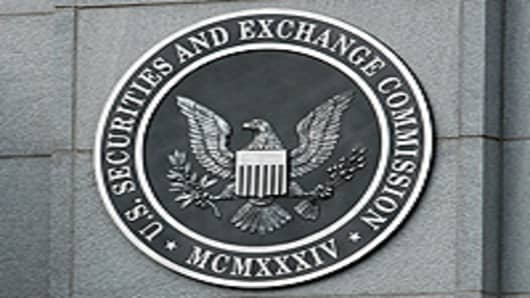The core problem, as he sees it, is management interference with the opinions issued by the company. And many of the reforms the SEC is considering would only give management more license to intervene in the opinion forming process.
From his 80-page letter to the SEC:
Many of the Proposed Rules give still more license to the management of Moody’s to step-up its long-standing intimidation and harassment of analysts, to the detriment of opinion formation. The rationale seems to be that, as the fox did so well in guarding the previous henhouse, why not commission it to design a new one, enlist it to take the daily beak count, and designate it Hen’s Delegate to the U.S. Poultry Association?
What’s fascinating about this is that Harrington is basically offering a counter-narrative on what qualifies as good corporate governance. The standard storyline is all about “internal controls” and certification by senior managers. Harrington is arguing that, at Moody’s, this is “bass ackwards” (as he puts it)—the analysts would do far better with less supervision by senior management.
I think there’s something to this. It’s not surprising that regulations would tend to increase the authority of senior managers, who are in roles that are very similar to those held by supervisory regulators. The basic idea is that danger lies in the unobserved, the uncontrolled, the unseen.
Harrington, however, blinks in the face of the anti-authority implications of his argument. He doesn’t want to embrace a fully antiauthoritarian point of view. Instead, he just calls for better regulators. He wants the SEC, for example, to regularly review disciplinary actions against Moody’s employees, to see if the disciplinary process is being misused. But why on earth should anyone be confident that the SEC would be good at this kind of investigation?
Does the SEC have enough problems with getting its current job done?
This happens a lot in policy-making. Someone detects a problem in an area they know a lot about, and attempts to bring in a solution from an area they don't know much about. Here the SEC is made to perform a Deus ex machina role.
Bad news: There is no god in the machine coming to fix things. We're the only ones we've been waiting for. No one else is coming.
_____________________________________________
Questions? Comments? Email us atNetNet@cnbc.com
Follow John on Twitter @ twitter.com/Carney
Follow NetNet on Twitter @ twitter.com/CNBCnetnet
Facebook us @ www.facebook.com/NetNetCNBC



